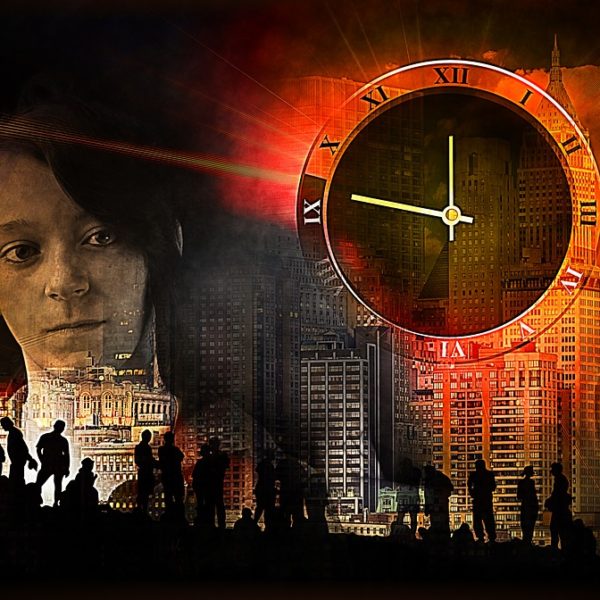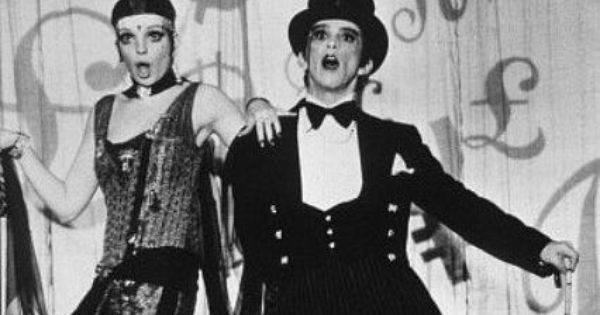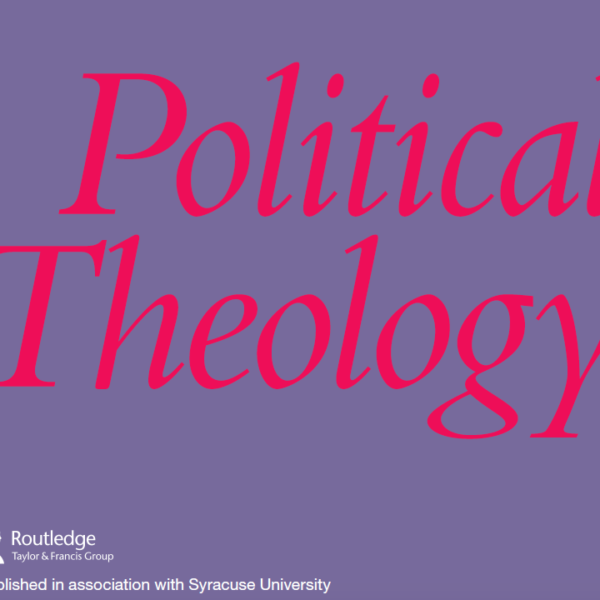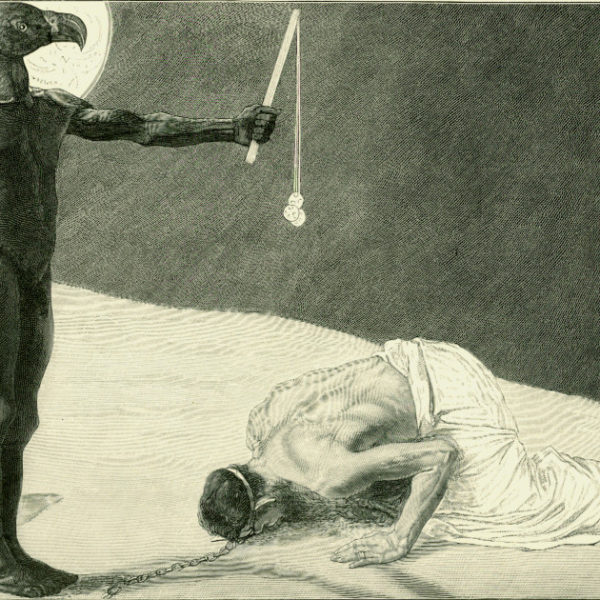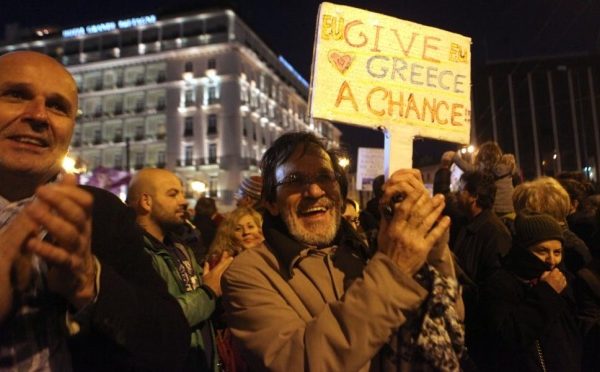
Ubik illuminates what is at stake for the human reimagined as human capital through these transitions, an alienation that expands beyond Joe’s struggles with his apartment door to encompass the deformation of the boundaries of reality itself as he investigates in a world whose ontological foundation has become fluid—commodities are regressing into earlier instantiations of their core use value, and the plot never entirely confirms for us whether it is Joe or his employer who exists in the state of cryonic suspended animation after bodily death that the novel names half-life.
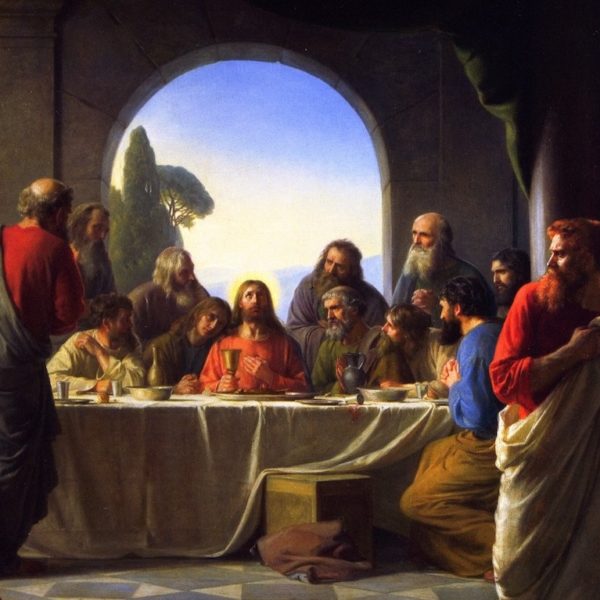
The political significance of Paul’s charge to the Colossians to give thanks to the Father in all things that they say and do is surprising in its far-reaching implications. The proper direction of our gratitude to God, the giver of all good gifts, limits the power of those who would dominate by indebting others, encourages us to release others from their debts to us, and frees us to give to those who cannot repay: it is one of the most radical political actions the Church engages in.
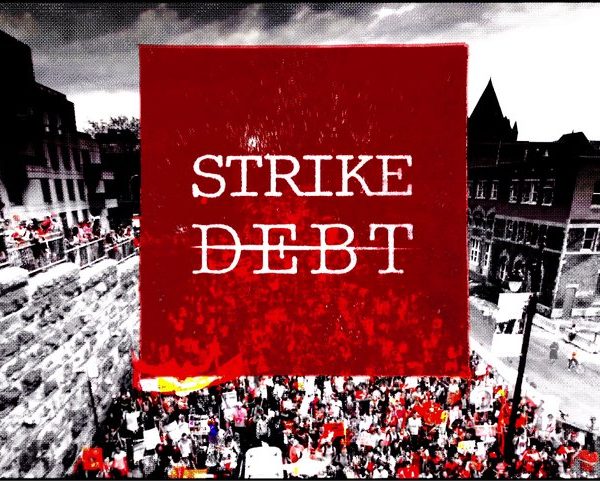
It’s become something of a commonplace among commentators and critics on both ends of the political spectrum to declare the death of the Occupy movement, whose campaigns against social and economic injustice and political corruption began to garner international attention in mid-2011. Although the last of the movement’s higher profile encampments were shut down in early 2012, it would be a mistake to conclude that Occupy is no more.

